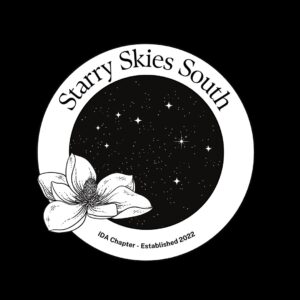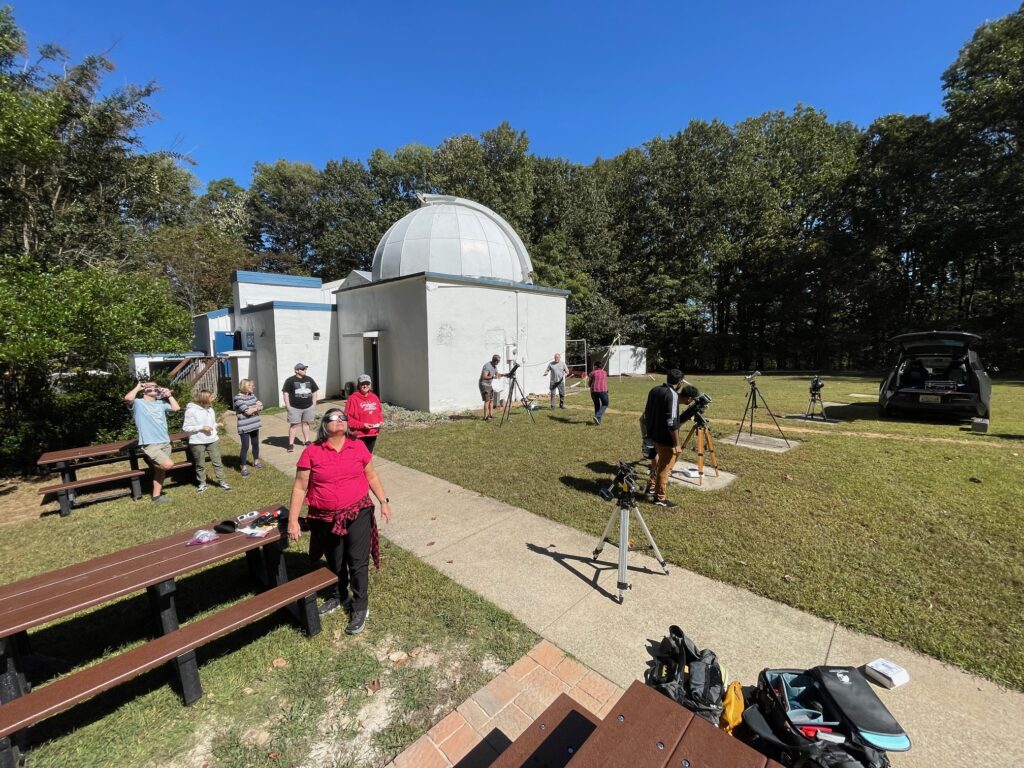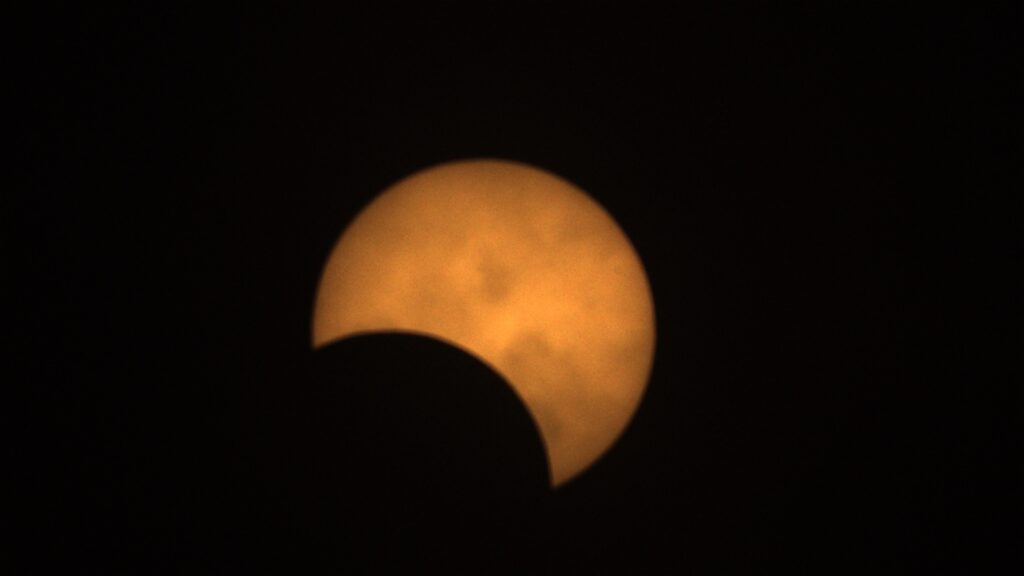All planetarium shows begin at 7:30pm.
Admission opens at 7:00pm; $5/adult, $3/student, 6 and under free.
Telescope viewing afterwards on clear nights.
July 6 – Summer Skies
Traveling across the summer sky can be just as much fun as a summer trip! Join retired educator Beth Bero in this family-friendly adventure in the night sky. We will explore summer constellations, legends, motions of the night sky and current sky events.
Presented by Beth Bero
July 13 – Webb Space Telescope: The Journey So Far
Launched in December 2021, James Webb Space Telescope has revealed many unprecedented details of the universe during its initial two years of operation. Webb’s first images were released on July 12, 2022. Join us in a journey through space and time as we celebrate the anniversary of the first images. We will look at some of the recent images taken by JWST and learn what new things these images teach us about the cosmos.
Presented by Naveen Vetcha
July 20 – Why is Lunar Science ‘Going South’?
Why does everyone want to go to the moon’s south pole? What’s wrong with the moon’s equator or mid latitudes? Is it cold at the lunar pole? Will there be polar bears? Lunarians? Will they bring penguins for company? Isn’t it more difficult to get to the lunar pole than equator? And what’s wrong with the moon’s north pole? Are the people making these decisions lunatics? Why do scientists ask so many questions?
Presented by Eric Silkowski
Don’t you want to come to the show and find out?
July 27 – Summer Skies
What are we watching in the night sky this summer? I’m sure you have seen the Big Dipper and Orion, but have you successfully identified any other star patterns? We can help. We’ll be in the planetarium at 7:30 with a cool star projector and a dome shaped ceiling ready to point out summer constellations, tell stories, and just generally have fun looking at tiny points of light. Doors open at 7:00.
Presented by Gena Crook

 Telescope Clinic 10:00am -1:00pm.
Telescope Clinic 10:00am -1:00pm.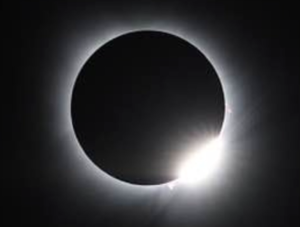 Eclipse Show and Tell 4:00pm-6:00pm.
Eclipse Show and Tell 4:00pm-6:00pm. 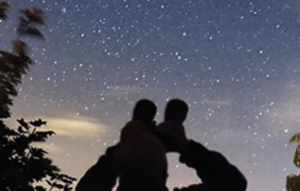 Presentations
Presentations